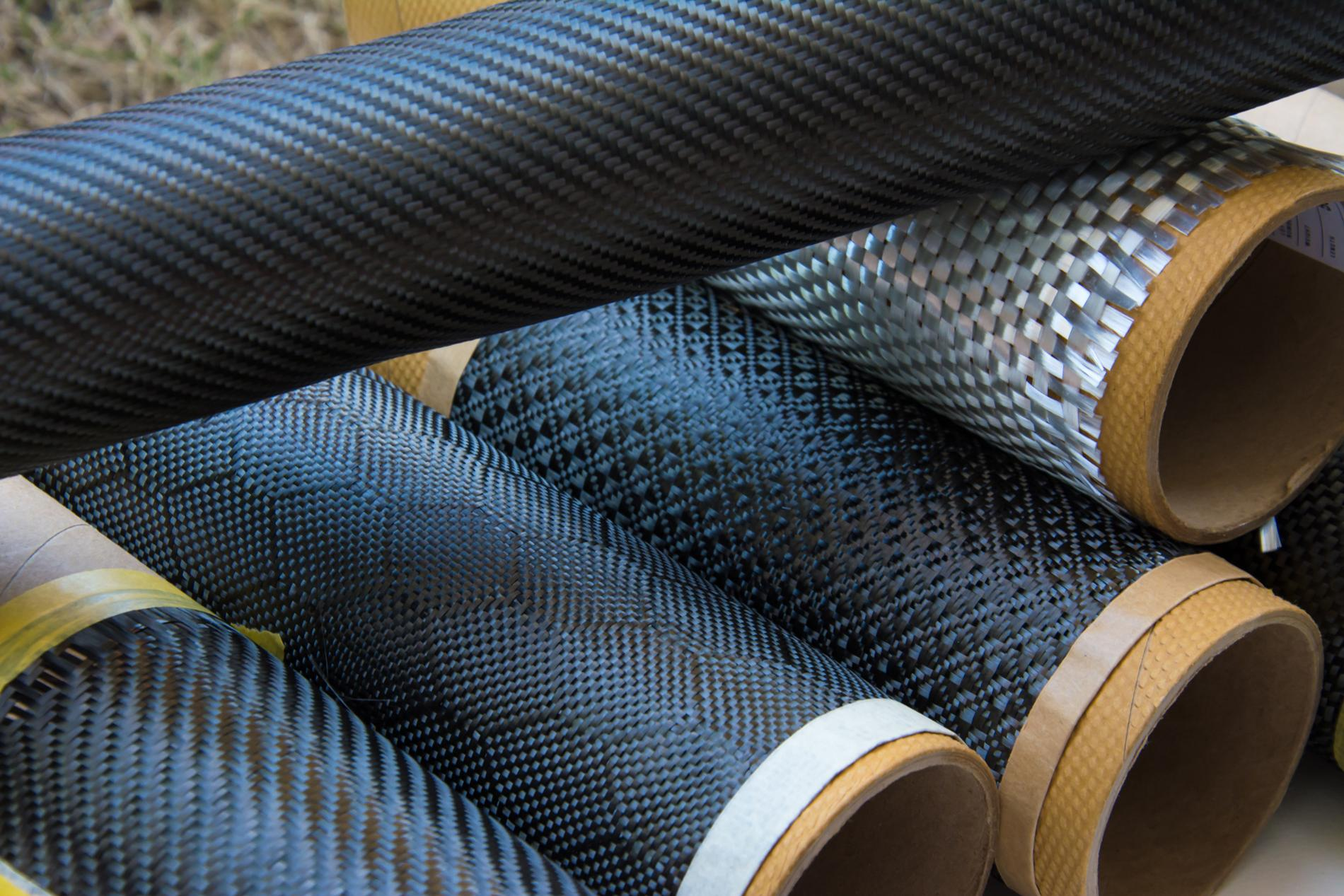Climate Tech Firms Receive $80 Million to Capture Carbon from Paper Mills and Sewage Plants

A group of climate-focused companies, including Google, H&M, and Stripe, are set to purchase $80 million worth of carbon credits from companies using innovative technologies to capture carbon emissions. These technologies target two industries: paper mills and municipal sewage treatment plants.
Carbon Capture Technologies in Action
The deals, facilitated by the Frontier coalition, involve the purchase of carbon credits from CO280 and CREW, two firms utilizing oil industry technology and natural processes to remove carbon from the atmosphere.
- CO280 is using carbon capture and storage (CCS) technology developed by SLB, a major oil field services company, to capture carbon emissions from paper mills. This process captures carbon initially absorbed by trees and emitted during paper production.
- CREW, a startup from New Haven, Connecticut, employs a limestone-based method to capture carbon from wastewater at municipal sewage plants. By adding carbon-attracting limestone to water, CREW can calculate the amount of CO2 it traps as the water goes through treatment.
Financial Commitments for Carbon Removal
The Frontier coalition, which is composed of major players in the tech and finance sectors, including Google, H&M, and Stripe, aims to support emerging carbon capture technologies by purchasing carbon credits from firms that show promise in reducing atmospheric CO2.
- The coalition has agreed to pay $48 million for 224,500 metric tons of emissions reductions from CO280, at a cost of $214 per metric ton.
- Additionally, they will pay $32.1 million for 71,878 metric tons of emissions reductions from CREW, at a higher cost of $447 per ton.
These investments reflect the growing commitment of companies to support climate tech and scale carbon removal technologies, with the hope that costs will decrease over time, eventually making carbon capture more accessible.
A Push for Cost-Effective Carbon Removal
Although carbon removal technologies are still in the early stages, the Frontier coalition is betting on their potential to lower costs to $100 per ton or less in the future. Hannah Bebbington, Head of Deployment at Frontier, emphasized that the deals are part of efforts to retrofit older industries with newer carbon technologies. She expressed excitement about the possibility of scaling these technologies to make carbon removal more cost-effective and impactful.
The growing interest from major tech and finance companies is a signal of confidence in the potential of such technologies, even as the world grapples with the challenges of large-scale carbon emissions reduction.





















